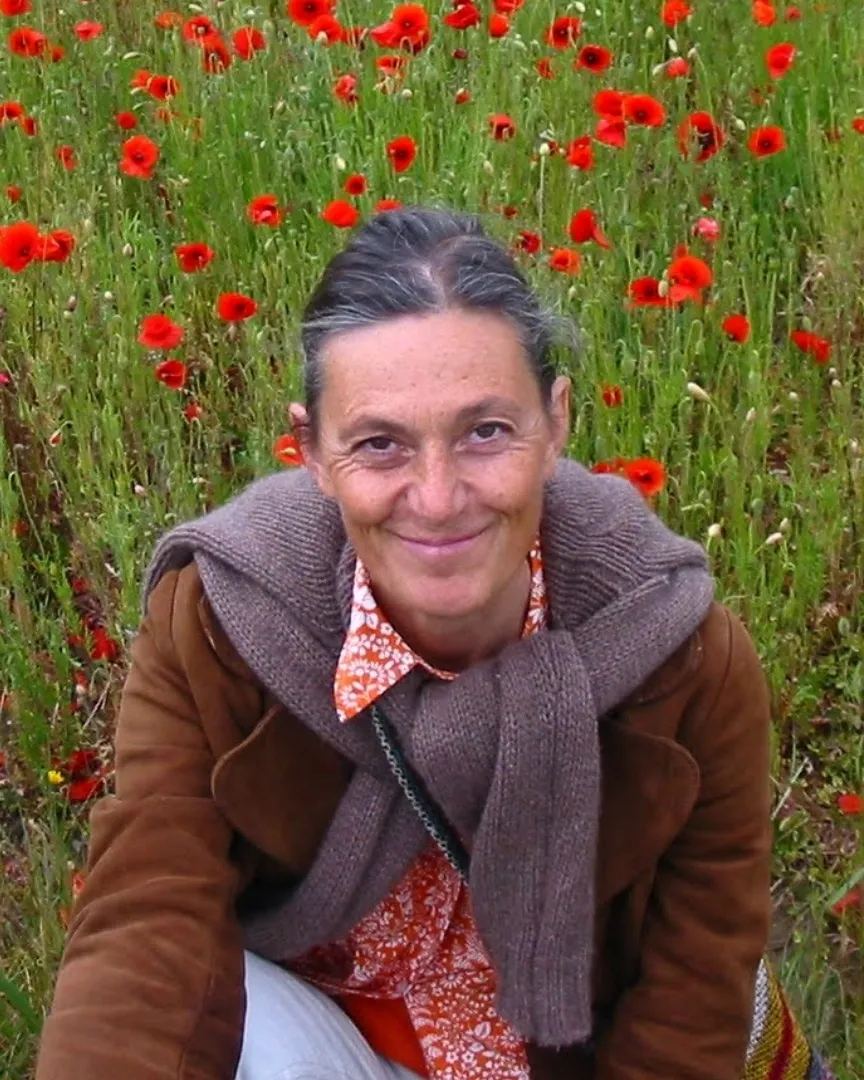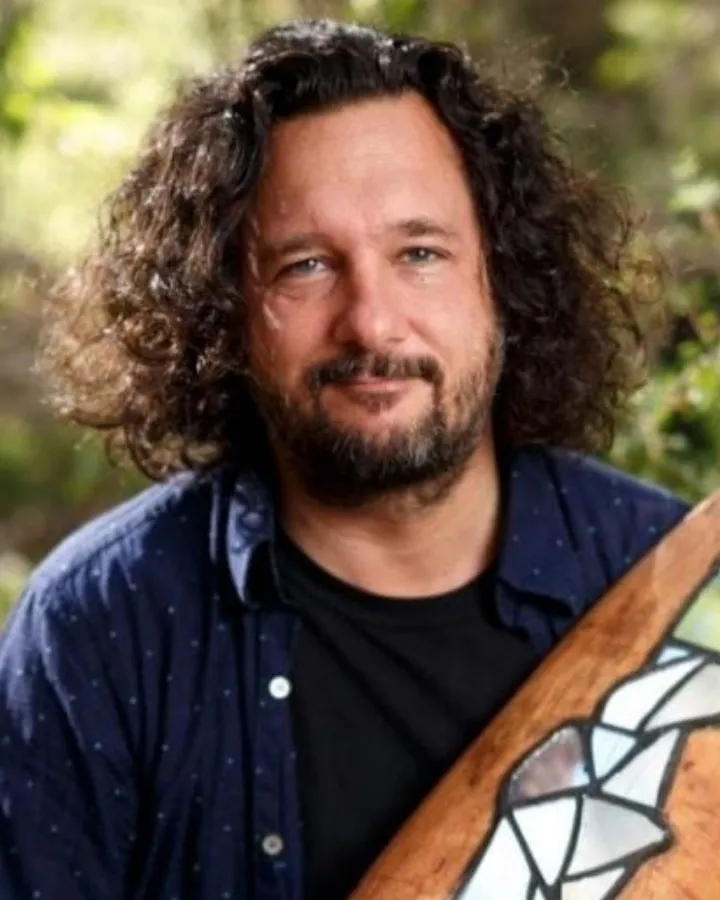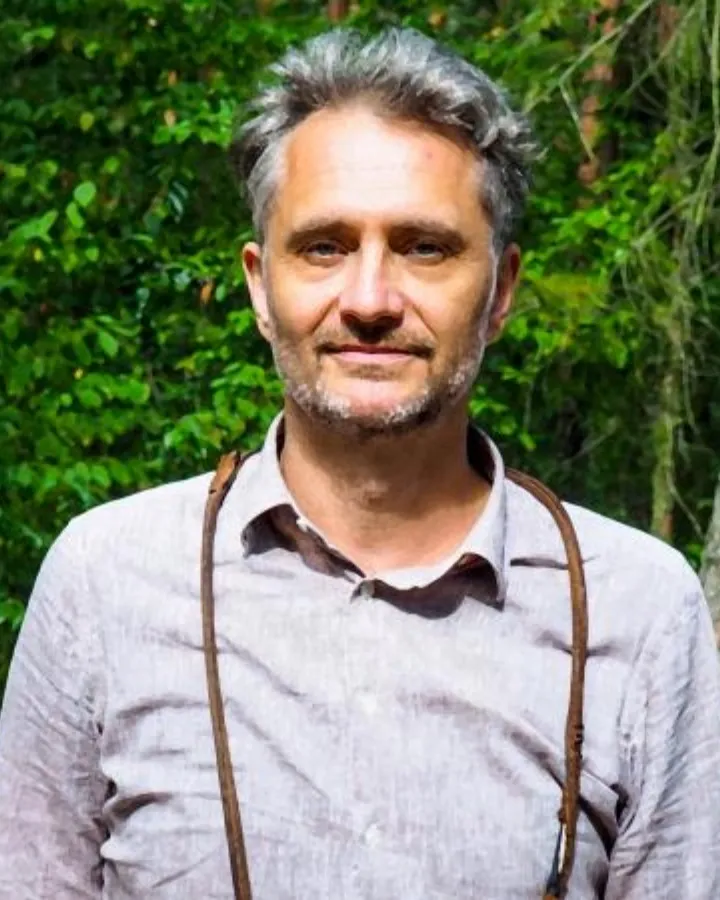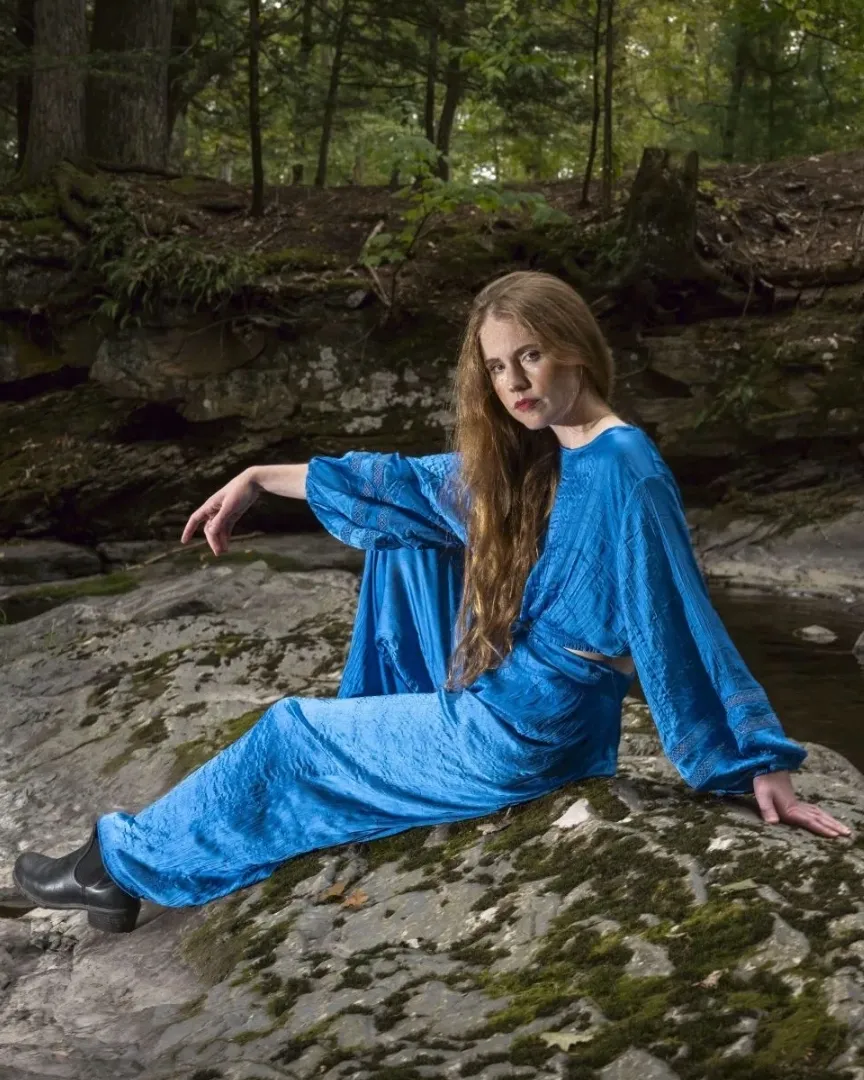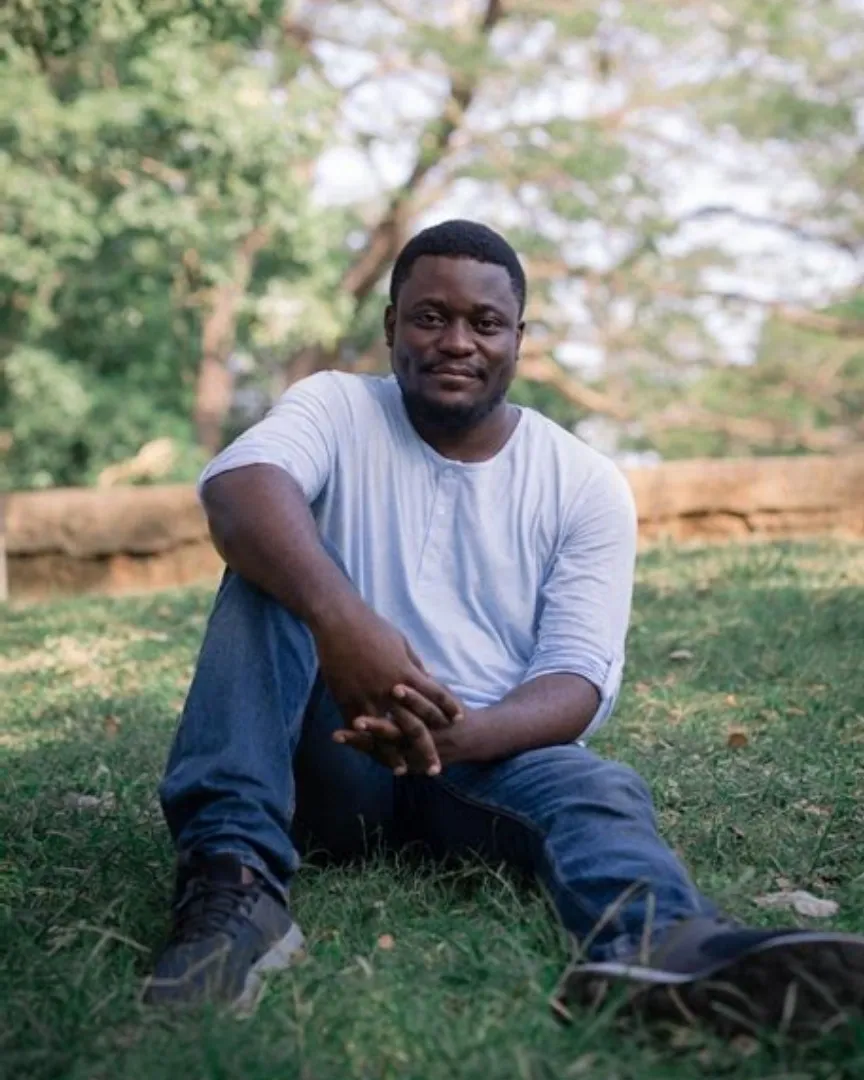Trailer
Curated by advaya and Hannah Close and Katrien Franken
Course modules
Why Kinship?
With Gavin Horn, Jeremy Lent and Charlotte Du Cann. We begin by framing our collective crises through the lens of relationship. We want to ask: how have our ways of relating created destruction? Where have we been separated from reality, each other, and our more-than-human kin? Why does the "crisis of rel...
Politics of Relationship
With Douglas Rushkoff, Bronte Velez and Justine Epstein. This module explores if relationships are inherently political. The speakers look at how certain relationships are conditional, and how relationships can both serve and extract. How are our relationships being influenced or controlled? We want to a...
Relational Ecosytems
With Gavin Van Horn, Tim Ingold and Tyson Yunkaporta. We look at the grounds on which relationships form. Where exactly does kinship arise? What is the importance of place in all of this? Why is context critical? We look at how the quality of the environment and the architecture of the spaces we inhabit ...
The Individual
With Minna Salami, Andreas Weber and Charles Eisenstein. We explore the role of the individual in relation to kinship. This module is unique in that there is a sense of "going against the grain". Many narratives around community and kinship have suggested that the notion of the individual is to blame for...
The Community
With Nora Bateson, Caroline Duque and Vanessa Andreotti. We explore how community creates belonging and kinship, and how it can also fracture it (building on lessons learned from the previous module). What, exactly, comprises a community? How does kinship come into this? Can there be community without ki...
The More-Than-Human
With Andreas Weber, Tiokasin Ghosthorse amd Andy Letcher. We explore the more-than-human in our conceptions of kinship. We look at how the "new animism" may offer pathways towards healthier relationships (and a sense of deep belonging) with the sentient, living world. We explore how personhood, respect, a...
Relational Imaginaries
With Sophie Strand, Stephen Jenkinson and Charlotte Du Cann. We delve into the role of mythology, stories, art, and poetry in cultivating kinship. How do stories create/relate to belonging? How do notions of kinship appear in and influence the way we weave our cultural (& other) stories? What do the stori...
Being & Becoming Kin
With Bayo Akomolafe, Gavin Van Horn and Rosanna Rippel. The end is near and we are asking, what next? How can we practise kinship in our own lives? How might we be able to help our communities, and those we don't belong to? We look at how we can reconceive kinship in the context of modernity. After all th...




